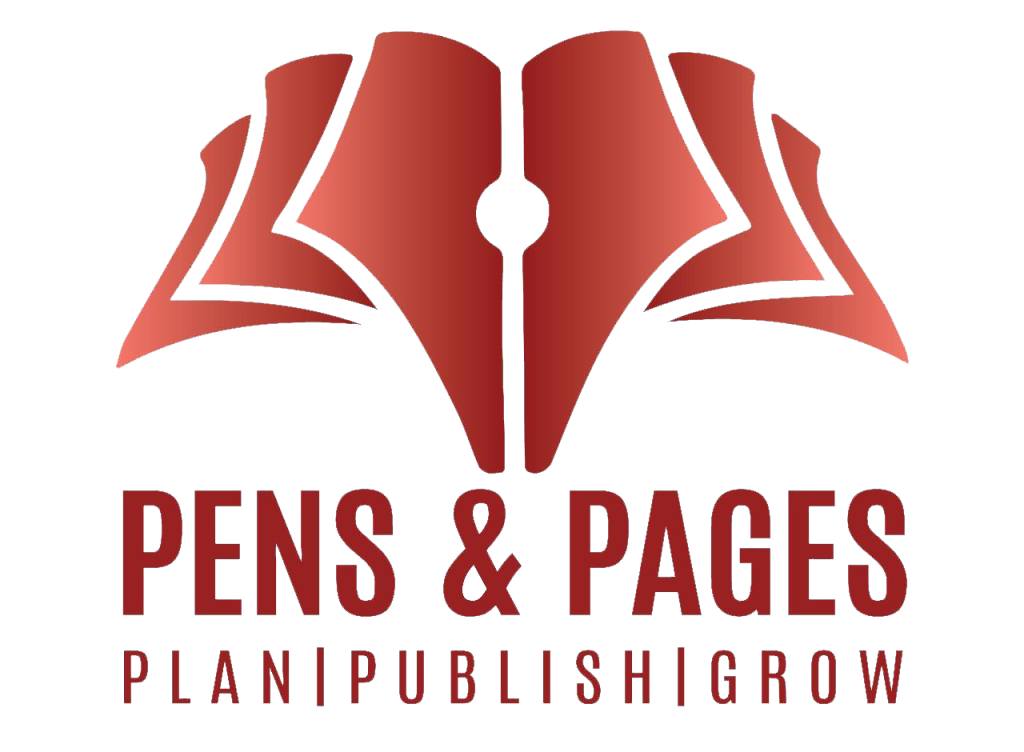Introduction: Why Fine Print Matters
For many writers, signing a publishing contract feels like crossing the finish line — the moment years of creative effort finally pay off. But in reality, it is only the start of a different kind of challenge.
Publishing contracts are not just formalities; they define your rights, income, and long-term control over your work. Yet, surveys by the International Publishers Association (IPA) show that nearly 60% of debut authors sign deals without fully understanding key clauses. In a market where digital and international rights have become complex, knowing what to negotiate is no longer optional, rather it’s essential.
- The Rights Clause: Who Owns What
The first question every author should ask: What rights am I actually selling? Most contracts separate primary rights (print, ebook, audiobook) from subsidiary rights (translations, film, merchandise, serialization).
- Keep what you can use. If you or your agent can sell foreign rights independently, retain them.
- Limit the grant. Instead of signing “worldwide, in all formats,” narrow it to regions and formats the publisher will actively exploit.
The World Intellectual Property Organization (WIPO) emphasizes that authors often undervalue territorial and digital rights – which can generate income years after publication.
- Royalty Rates and Advances
Financial terms may look simple and straightforward but often aren’t. Traditional publishers typically offer royalties of 7–10% on print, 25% on ebooks, and 15–20% on audiobooks. But the fine print may include clauses reducing royalties for “special sales” or “discounted copies.”
- Ask for escalating royalties – rates that increase after certain sales thresholds.
- Clarify what counts as a “net sale.”
The Authors Guild’s 2024 Contract Review Survey found that authors who negotiated escalator clauses earned up to 40% more over the life of a title than those who didn’t.
- Reversion of Rights
It is perhaps the most overlooked clause. “Out of print” used to mean a physical book unavailable in stores; now, a single e-book listing can keep a contract alive forever. Therefore, it is necessary for you to negotiate a clear reversion trigger. For instance, if annual sales fall below a certain number or revenue drops under a threshold, rights should revert to you automatically.
- Non-Compete and Option Clauses
Publishers often include “non-compete” clauses to prevent you from releasing a competing title too soon. The danger? Some are worded so broadly that they can even block unrelated projects. For this reason, it is imperative to narrow it to similar genres or audiences. Furthermore, you must hav eto define the time frame precisely (for example, 6–12 months after publication). Similarly, “option” clauses i.e. giving the publisher first rights to your next book, should not bind you indefinitely.
- Marketing and Promotion Commitments
Many contracts promise “reasonable marketing,” but the term is vague. So indie authors must be clear about the specifics such as:
- Minimum number of review copies or ad placements.
- Joint responsibility for online campaigns or festival submissions.
- Audit and Accounting Clauses
Royalty transparency remains a global issue. The European Commission’s Study on Fair Remuneration (2023) noted that more than a third of authors reported delayed or inaccurate payments. In this landscape, for your protection:
- Include an audit clause allowing you (or a representative) to inspect royalty records periodically.
- Request statements at least twice a year.
- Get Professional Help
Contracts are dense, technical, and easy to misinterpret. Hiring a literary attorney or author-advocacy organization (like the UK’s Society of Authors or the U.S. Authors Guild) is an investment, not a cost. As the World Bank’s 2024 Creative Sector Report points out, fair contract literacy directly improves creators’ financial stability – especially for women and emerging authors.
Final Thought
Its imperative to understand that negotiation isn’t about confrontation; it’s about partnership. Publishers invest in your talent, and you bring the creative asset they need. A transparent, well-negotiated contract benefits both sides.
By understanding key clauses including rights, royalties, reversions, marketing, and creative control, authors transform from hopeful signers into informed professionals.
In today’s evolving publishing landscape, your words are valuable intellectual property. Learn to protect them. The fine print is not the enemy; it’s the blueprint for your creative future.



